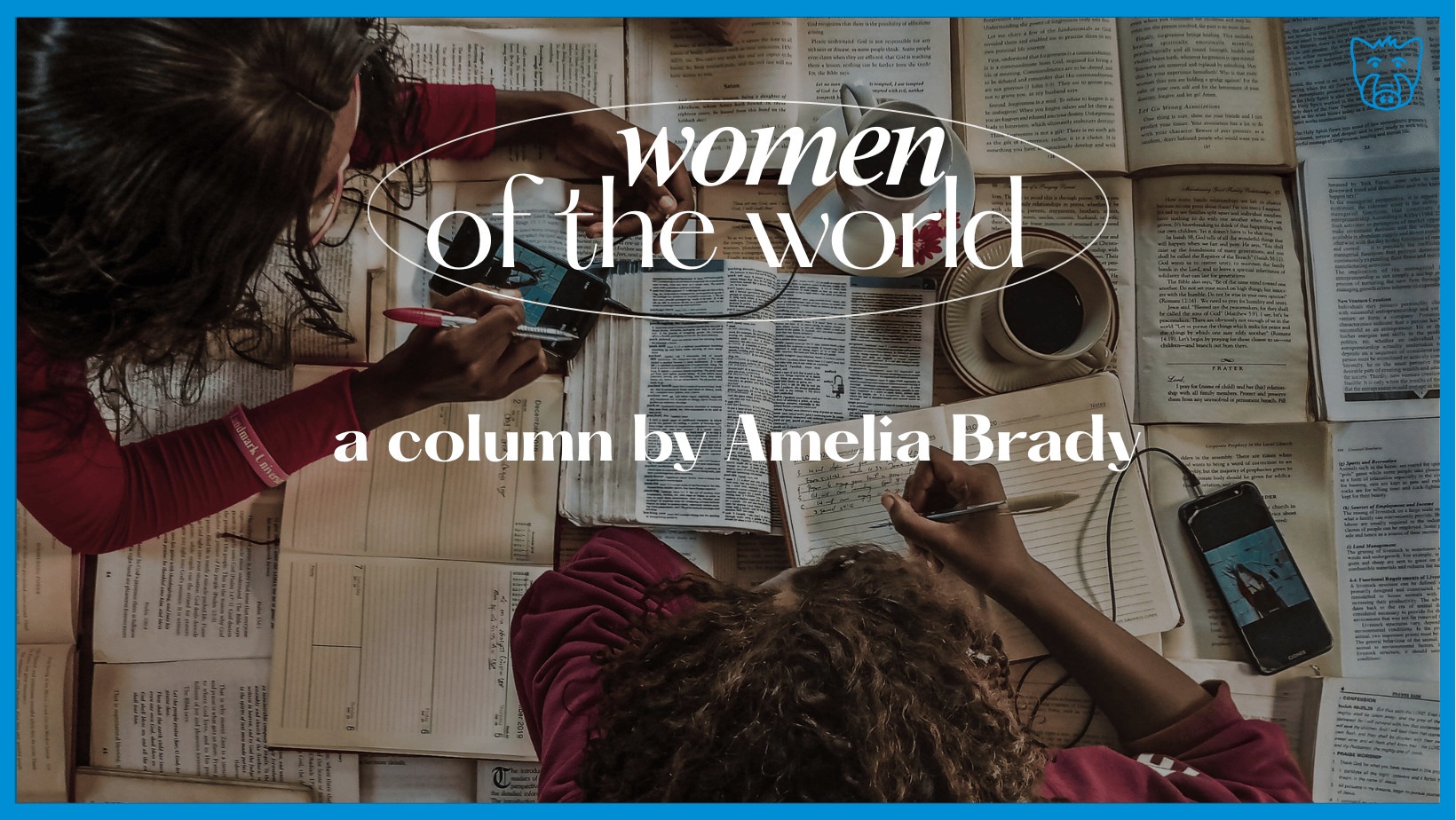The Resonant Voice of Zimbabwe’s NoViolet Bulawayo
When it comes to capturing the dislocation, grief, and surreal humour of postcolonial life, few voices ring louder or clearer than that of NoViolet Bulawayo. Born Elizabeth Zandile Tshele in Zimbabwe, Bulawayo writes under a name stitched from memory and mourning: ‘NoViolet’ meaning ‘with Violet’ – a tribute to her mother, who died when she was just 18 months old – and ‘Bulawayo’, the city of her birth. In a 2022 interview with The Guardian, she reflected on this identity with quiet intensity: “Some of these things that we carry, we don’t sign up for. But we’re here and, you know, everything and anything can happen to us. It’s part of my story.” It’s this sense of inherited loss, of existing in a world made by forces far beyond individual choosing, that permeates Bulawayo’s work. Her fiction is steeped in social rupture, national trauma, and personal grief, yet always delivered with a sharpness of vision and rhythm of voice that makes it impossible to look away.
Bulawayo’s work is unflinching, with her writing embracing all kinds of contradictions
Bulawayo’s 2013 debut novel, We Need New Names, begins in a Zimbabwean shantytown ironically named Paradise, where a young girl named Darling navigates a childhood shaped by poverty, violence, and political decay. The novel quickly became a literary sensation, shortlisted for the Booker Prize and earning comparisons to Junot Díaz and Zadie Smith for its voice-driven narration and biting political commentary. What distinguishes Bulawayo’s work is not just her raw subject matter, but her ability to pair it with language that sings, shocks, and startles. Darling’s voice is pitch-perfect: full of mischief, contradiction, and curiosity. Through her, Bulawayo depicts the surreal absurdity of dictatorship and displacement, from game-playing children mimicking the destruction around them to the alienation of emigration. When Darling eventually moves to the U.S., the novel turns its gaze on the complexities of diaspora life, where dreams of escape morph into new, quieter struggles – of invisibility, assimilation, and cultural loss. Bulawayo’s work is unflinching, with her writing embracing all kinds of contradictions: the brutal and the beautiful, the humorous and the harrowing, being childlike in tone but unmistakably mature in its moral clarity.
Nearly a decade after her debut, Bulawayo returned with Glory in 2022, a novel of entirely different form but equally sharp intent. Inspired by George Orwell’s Animal Farm, Glory is a satirical allegory that replaces humans with talking animals to critique Zimbabwe’s descent into autocracy under Robert Mugabe and his successor. It’s bold, an allegory written in the 21st century about a real African nation, but Bulawayo makes it work with striking originality. The novel follows the fall of Old Horse, a tyrannical ruler of Jidada, an animal-led nation, after decades of brutal rule. After his ousting, the nation briefly hopes for change under a new leader, Tuvius Delight Shasha, but repression continues. Through the journey of Destiny, a goat returning from exile, the story intertwines personal and national trauma, revealing buried truths and the cost of silence.
She gives voice to the disenfranchised without pity, to the powerful without softening critique
At its core, Glory is less about anthropomorphic spectacle and more about political cycles, silenced voices, and the language of revolution. Her animals are not merely metaphors; they are vessels for a disjointed national memory, from the rituals of propaganda to the quiet resistance of women and exiles. The book’s polyphonic style, jumping from slogans to social media posts to intimate internal monologues, mirrors the chaotic digital age we live in. And yet, Glory is unmistakably Zimbabwean. Where Orwell’s satire was general, Bulawayo’s is specific, rooted in place, history, and a long lineage of resistance. It’s a novel that doesn’t just tell a story but reframes how that story should be heard.
Bulawayo’s literary accolades are not merely a testament to her skill, but to her stories’ urgency. We Need New Names made her the first Black African woman to be shortlisted for the Booker Prize; Glory made her the first Black African woman to be shortlisted twice. Glory was also nominated for the Women’s Prize for Fiction in 2023, demonstrating Bulawayo’s resonance with female audiences and the international experience of womanhood. But perhaps more telling than any award is the deep resonance her work finds with readers, especially among diasporic Africans and those navigating the liminal space between nations, languages, and identities. Her prose, even at its most allegorical, feels grounded in truth. She gives voice to the disenfranchised without pity, to the powerful without softening critique. Her storytelling is unflinching but never hopeless, anchored always in the human capacity to adapt, protest, and imagine new worlds.
NoViolet Bulawayo is not just one of the most exciting contemporary writers from Africa; she is one of the most vital voices in global literature today. Her work offers a new grammar of postcolonial storytelling: one that is politically charged, linguistically inventive, and emotionally resonant. If We Need New Names taught us to listen to the children of Paradise, Glory urges us to listen again, to voices that have long been silenced, laughed at, or turned into caricatures. In both, Bulawayo reminds us of fiction’s greatest power: not just to reflect the world, but to reimagine it.

Comments